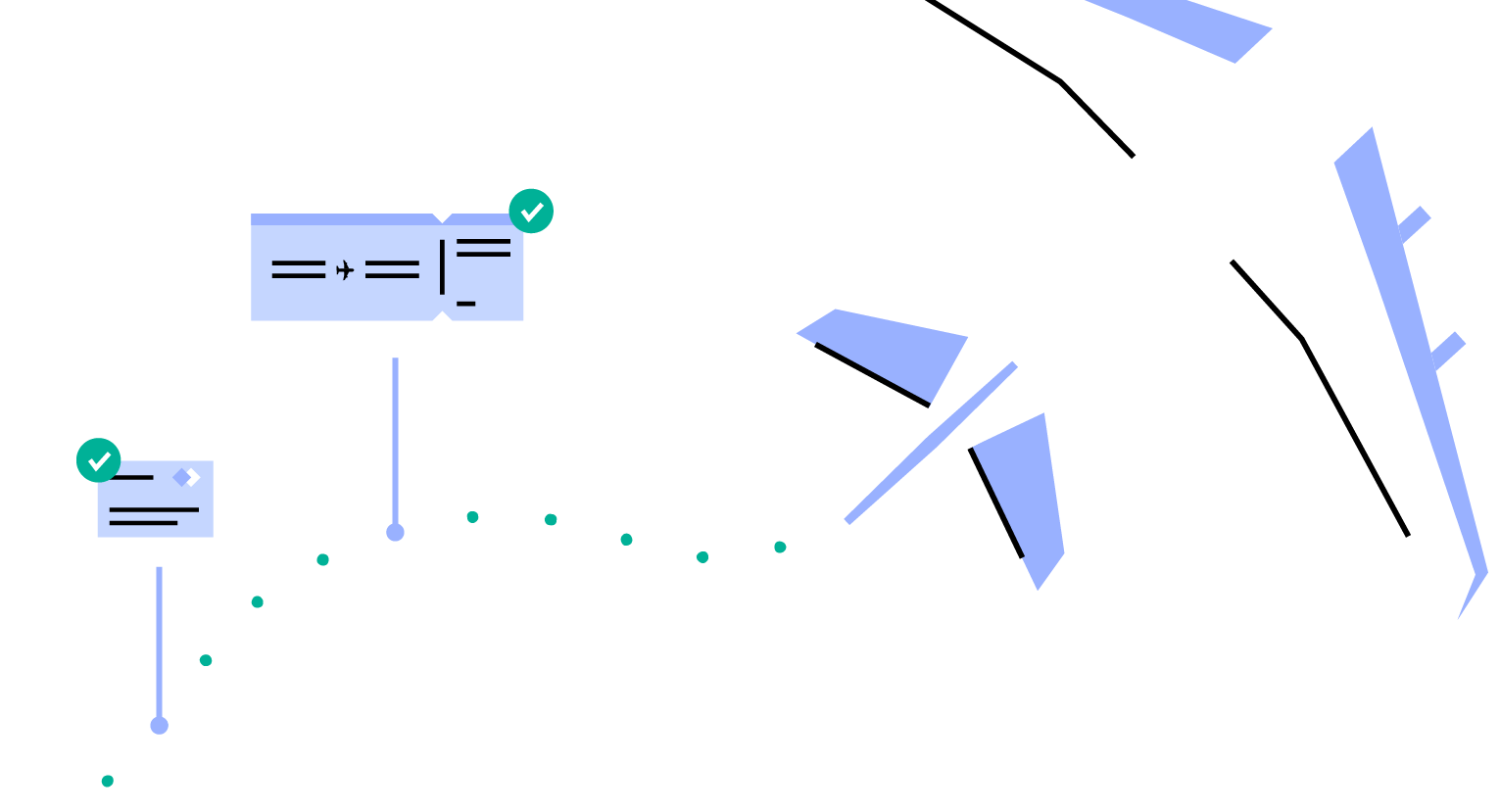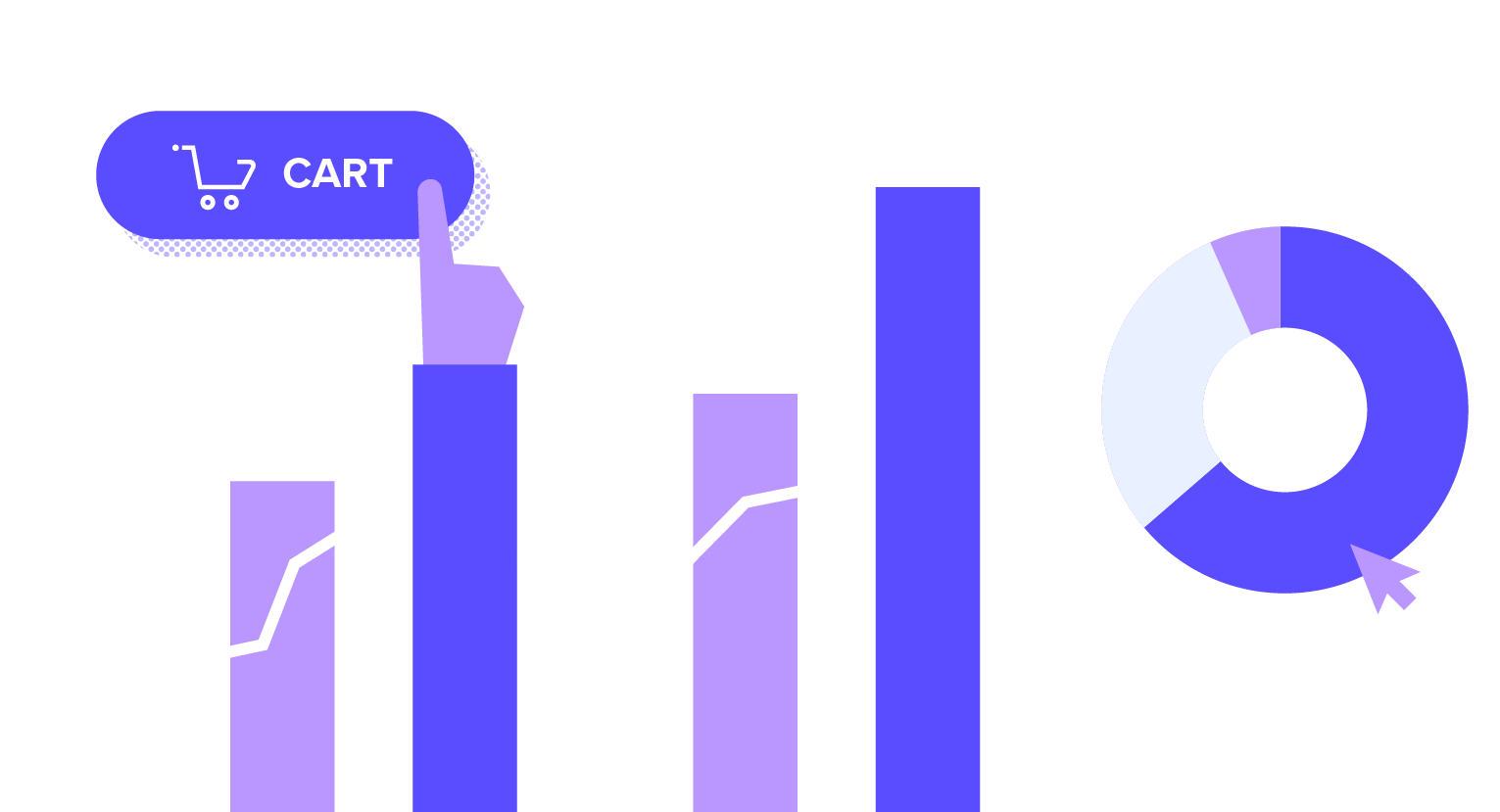Pass With Flying Colors: The Time for Airline Digitalization Is Now

This blog offers a peek at our recent report for airlines, “Embracing Digital Resilience in a Disrupted Market.” In it, we share insights on why airlines should leverage the current state of the industry to become truly digital-first companies.
The air travel crisis has made one thing clear: the time for digitalization is now. The industry is not expected to return to cash positivity until 2022, but airlines can’t afford to continue counting their losses. The economic and social impact of the pandemic, combined with the explosion of a new digital front, offers an incredible opportunity for transformation.
With demand still on the recovery and consumers relying on digital channels more than ever before, airlines are in a perfect position to re-strategize and build for the future. Our latest report explores how airlines can navigate the challenges the industry is facing and maximize their long-term success. It includes insights on growing a loyal customer base, boosting revenue, and delivering a differentiated online experience. Here are some of the report’s main takeaways:
Reimagining payments
One in three consumers expect travel providers to offer multiple payment options. But many merchants in the segment still view payment diversity as separated from customer experience. A purely cost-focused perspective can pigeonhole airlines to the customer journey. In an increasingly mobile commerce age, airlines will need to change if they want to win over younger, tech-savvy customers, and when it comes to mobile payment adoption the travel industry still has ways to go.
Our data shows that e-wallets such as Apple Pay, Alipay, and WeChat are being readily used for payments in online high-end fashion orders, even more so since March 2020, but in travel credit cards are still the preferred method of payment. For those customers who do use e-wallets, Paypal seems to be the payment method of choice. This method is also a fraudster favorite since Paypal accounts store payment details. Aware of device-fingerprinting technology employed by tech-savvy providers like Paypal, fraudsters often sell user agent data and cookies on the dark web along with the account credentials.
How safe is the airline travel industry?
Online travel tickets have always been highly coveted by fraudsters, but in April 2020 we’ve seen unprecedented fraud attempt rates for air travel tickets, higher than any other industry segment. This was most likely due to the fact that industries like fashion and electronics saw a jump in new customers as eCommerce stepped in for closed storefronts. An influx of legitimate transactions can outweigh the fraudulent ones; as travel reached a standstill, fraudulent activity in the segment took up a bigger piece of the pie.
With demand still impacted, fraudsters seemed to lose interest in the summer and fall months and fraud attempts steadily decreased after April. Nevertheless, since January 2021 flight volume has started to pick up and fraud has followed.
Fighting chargeback abuse
As the pandemic spread and customers rushed to cancel travel plans, a rise in chargeback abuse hit airlines hard. With many people more pressed for cash than ever and stuck with non-refundable tickets, some turned to other means to get their money back. The result was a spike in the number of customers disputing purchases.
Our data shows that our recovery rates for flight-related disputes saw a yearly peak – 4-times higher than January – in August. This means that a significant share of the chargebacks submitted to airlines during that time wasn’t actual fraud but customers claiming fraud. We also saw that the share of non-fraud chargebacks (usually service-related claims) was significantly higher for travel tickets in April 2020 than in January 2020. Customers aren’t picky when it comes to reimbursement; whether the chargeback reason is fraud or not, it’s the refund they’re after.
There are ways airlines can identify abuse cases. A strong indicator, for example, is if the customer tried to cancel the transaction first before filing a fraud chargeback. But this is just the tip of the iceberg. Disputing these chargebacks is costly for airlines, as each case takes time and resources to resolve. By managing this process at scale, airlines can eliminate hours of manual work in compiling compelling evidence – saving money and time for all teams involved.
Download the Report
These are just some of the insights included in our latest airlines report. Download a complimentary copy of the full report for more insights on boosting a long-term recovery.





